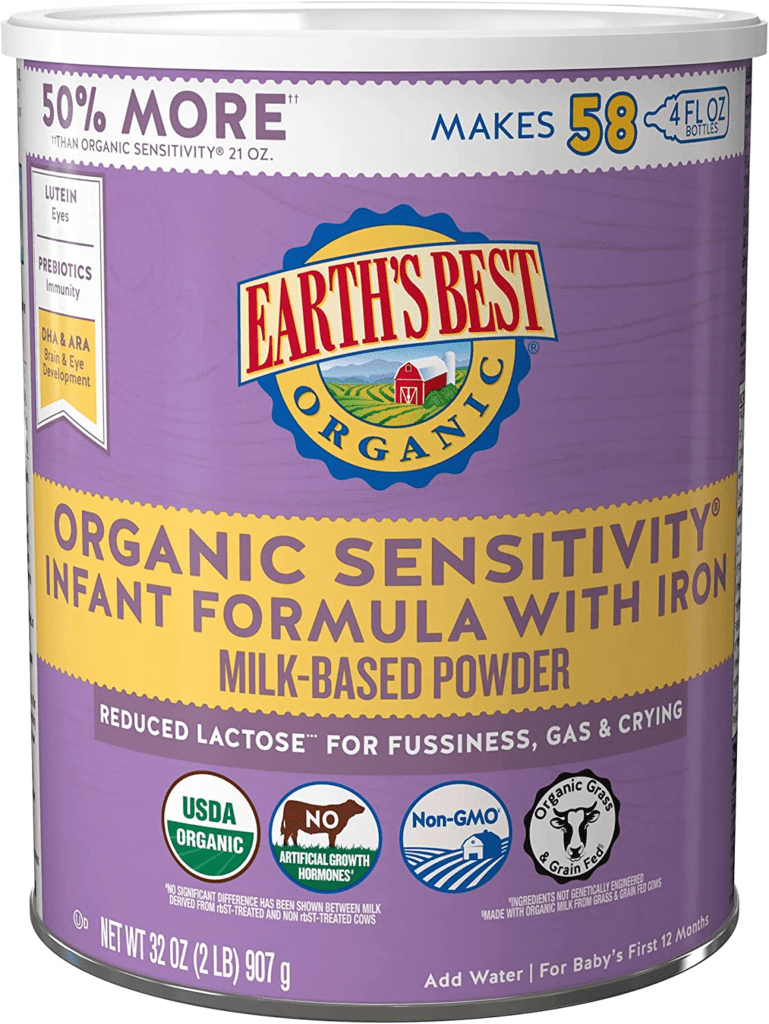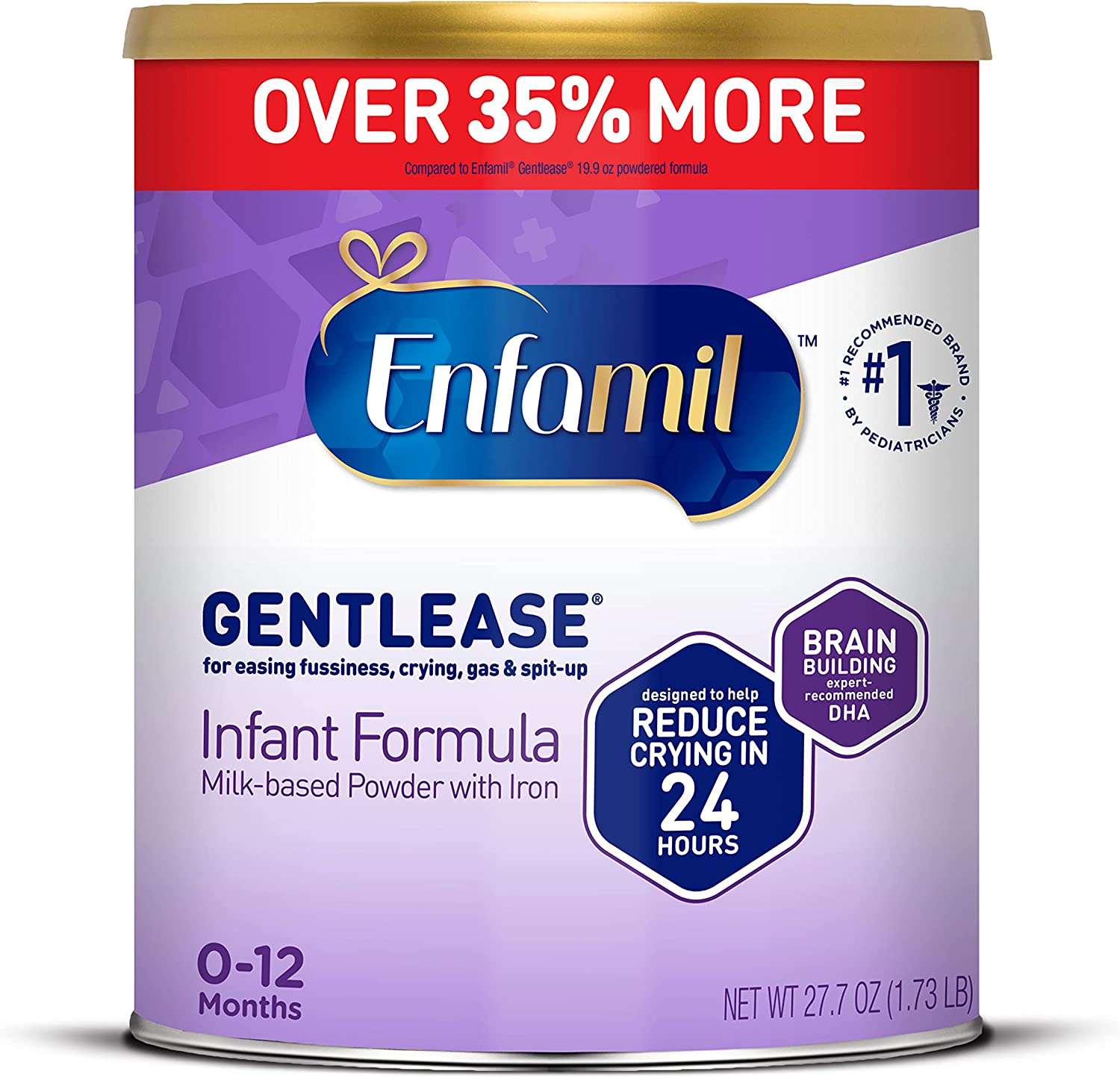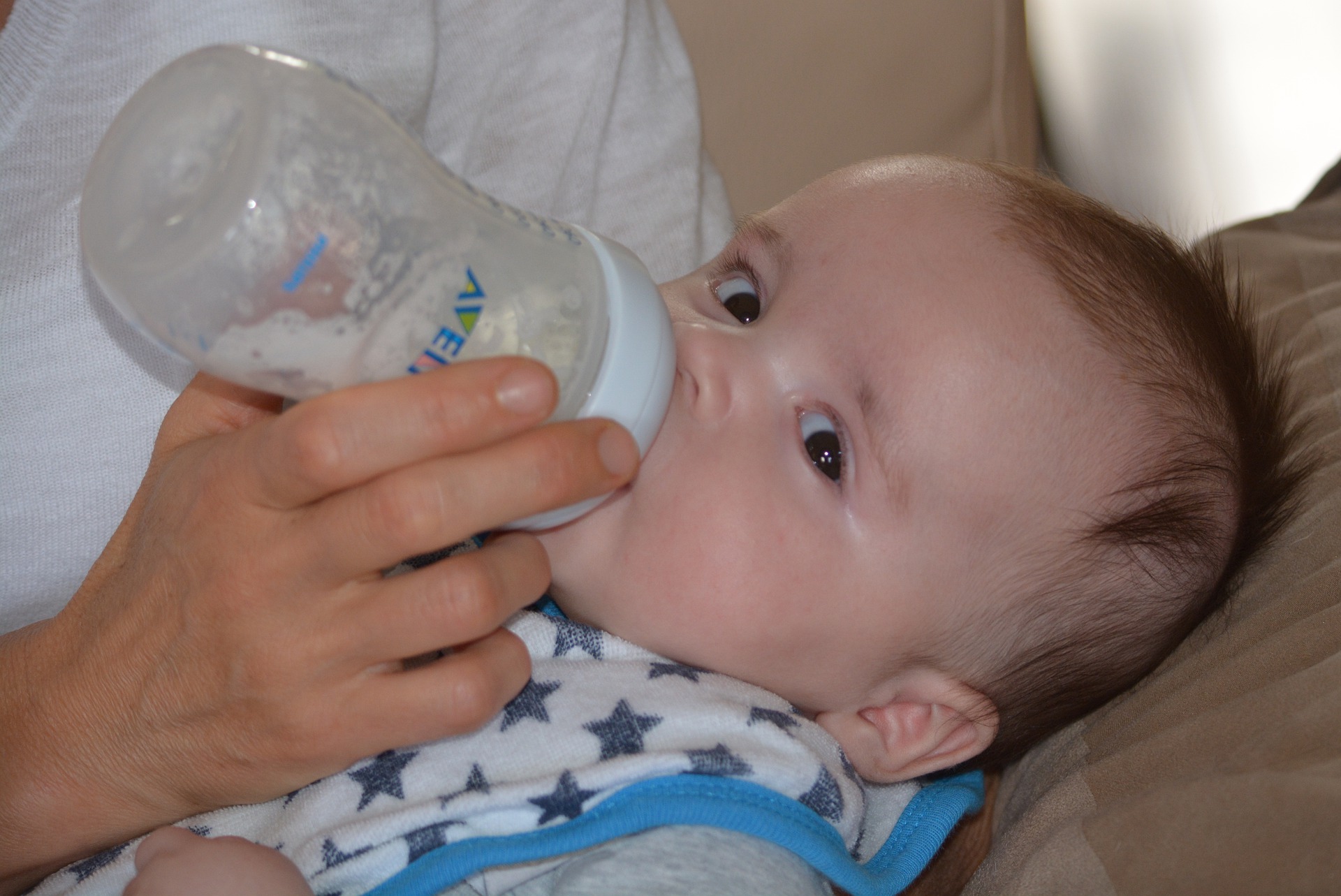When it comes to baby formula, there is no shortage of opinions. But now in 2022 and into 2023 costs seem to have risen out of control for new parents.
Some people believe that all baby formula is created equal, while others think one type of formula is better than the rest. But whatever your opinion may be on this matter, one thing is for sure: baby formula can be expensive!
So why is baby formula so expensive? That’s what we’re going to explore in this blog post. We’ll take a look at the different factors that contribute to the high cost of baby formula, and we’ll also provide some tips on how you can save money on this essential item. So read on for more information on this important topic!
Table of Contents
- The High Cost of Baby Formula – What Are the Contributing Factors?
- How Can You Save Money on Baby Formula?
- Why Is One Type of Baby Formula Better Than the Rest?
- How To Make Sure You’re Getting the Best Deal on Baby Formula
The High Cost of Baby Formula – What Are the Contributing Factors?
These are the five essential contributing factors to the high cost of baby formula today:
- The FDA’s role in baby Formula’s safety
- The manufacturing companies’ profit margins
- The marketing strategies used by these companies
- Variations in quality and contents
- Insecure supply chains.
These reasons are elaborated as follows:
1. The FDA’s role in baby Formula safety: The US Food and Drug Administration (FDA) is responsible for ensuring that all infant formulas sold in America meet high safety standards. To do this, the FDA conducts regular inspections of factories and issues recalls when necessary. This level of regulation adds to the cost of manufacturing baby formula.
2. The manufacturing companies’ profit margins: Like any business, baby formula manufacturers want to make a profit. To maximize their profits, they often cut corners on the quality of their products or use low-quality ingredients.
3. The marketing strategies used by these companies: Baby formula companies use a variety of marketing strategies to convince parents to buy their products. These strategies can be very costly, and the costs are passed on to consumers through higher prices.
4. Variations in quality and contents: Not all baby formulas are created equal. Some formulas are made with higher-quality ingredients, and some contain more nutrients than others. These differences in quality and content can add to the cost of baby formula.
5. Insecure supply chains: Baby formula is often sourced overseas, leading to supply disruptions and price increases. Additionally, because baby formula is such a vital product, manufacturers usually charge more for it during times of shortage.
How Can You Save Money on Baby Formula?

You can save money on baby formula in a few ways:
1. Compare prices of different brands and types of formulas.
Comparing prices is the best way to find a good deal on baby formula. Many online and offline retailers sell baby formula, so take the time to compare prices before you buy.
2. Buy in bulk.
If you know you’ll be using a lot of baby formula, consider buying it in bulk. Many retailers offer discounts when you purchase large quantities of baby formula to save money.
3. Use coupons and promo codes.
When you’re shopping for baby formula, be on the lookout for coupons and promo codes. These can help you save a significant amount of money on your purchase. A dollar saved is a dollar earned. My grandma taught me that!
4. Join a baby formula club or loyalty program.
Many retailers offer loyalty programs or clubs that offer members exclusive discounts on baby formula. If you plan on using a lot of baby formula, it may be worth it to join one of these programs.
5. Ask your doctor for advice.
If you’re unsure what type of baby formula to buy, ask your doctor for advice. They may be able to recommend a specific brand or type of formula that’s right for your baby.
Why Is One Type of Baby Formula Better Than the Rest?

Formulas are all made of different ingredients; some formulas are better than others because they’re made with higher-quality components. Additionally, some formulas contain more nutrients than others, so if you’re looking for a formula that’s nutritionally complete, you may have to pay more.
Below are three baby formula types considered the best by many professionals.
The first type of baby formula is called hypoallergenic formula. This formula is made for infants with allergies or sensitivities to certain ingredients in regular formulas. Hypoallergenic formulas are free of dairy, soy, wheat, eggs, peanuts, tree nuts, fish, and shellfish. They are also free of artificial colors, flavors, and preservatives. Because of these unique characteristics, hypoallergenic formulas are more expensive than other types of formulas.
The second type of baby formula is called the elemental formula. Elemental formulas are made for infants who have trouble digesting proteins or fats. They are also made for infants who have food allergies or sensitivities. Basic formulas contain only amino acids and simple carbohydrates. Because they are easier to digest, they are often recommended for infants with gastroesophageal reflux disease (GERD) or who are born prematurely. Elemental formulas are also more expensive than other types of formulas.
The final type of baby formula is called specialized nutrition formula. Specialized nutrition formulas are made for specific dietary needs that cannot be met by regular or elemental formulas. For example, specialized nutrition formulas for infants with renal impairment or failure, PKU (phenylketonuria), Crohn’s disease, celiac disease, sickle cell anemia, or multiple allergies. Specialized nutrition formulas can also be used to treat malnutrition in developing countries. These formulas are the most expensive baby formula because they must meet such specific dietary needs.
How To Make Sure You’re Getting the Best Deal on Baby Formula

Baby formula is a highly regulated product, and there are many options to choose from. It is essential to select the right baby formula to ensure that your infant receives the nutrients they need to grow and develop properly. Some of the critical factors to consider when choosing a baby formula include:
- The age of your baby: Infants under six months old generally need a formula that provides more iron, while older babies may need a recipe with more calcium and phosphorus.
- Any medical conditions or allergies: If your baby has any medical conditions or food allergies, you will need to select a formula that does not contain any ingredients that could trigger an adverse reaction.
- Your diet: If breastfeeding, you must choose a baby formula compatible with your diet. For example, if you are lactose intolerant, you must select a lactose-free formula.
- Price: Baby formula can be expensive, so it is essential to compare prices and choose the best option for your budget.
Hopefully my tips help, until next time, Sharon is signing off.











